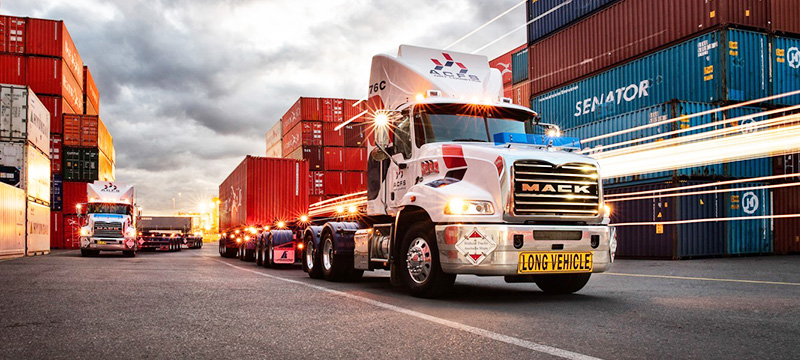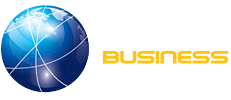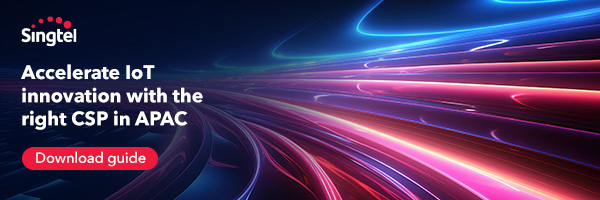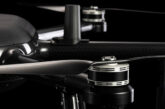
Berg Insight, the world’s leading IoT market research provider, today released a new market report covering the trailer and cargo container tracking market.
The number of active tracking devices deployed for cargo carrying units (i.e. trailers, intermodal containers, rail freight wagons, air freight ULDs and pallets) reached 8.8 million worldwide in 2022. Growing at a compound annual growth rate (CAGR) of 18.2 percent, this number is expected to reach 20.3 million by 2027.
In terms of installed units, trailer telematics is today the most developed market, followed by tracking devices for intermodal containers. The number of tracking devices and real-time data loggers in use for general cargo applications will grow from 2.0 million units at the end of 2022 to 6.6 million units at the end of 2027. The figure is an estimate on the average number of such devices that where in active use at any given time at the end of the year. This segment includes both disposable and multi-use devices.
The total market value for all these segments reached an estimated € 1.8 billion in 2022. Growing at a CAGR of 13.1 percent, the total market size is forecasted to reach € 3.4 billion in 2027.
Berg Insight ranks ORBCOMM as the largest provider of tracking solutions for cargo carrying units, having a significant installed base of both trailers and containers. The company’s total installed base reached more than 940,000 units at the end of 2022. The second largest player SkyBitz had an installed base of 725,000 tracking units, primarily on trailers. Additional leading providers of trailer telematics solutions are Spireon (now owned by Solera), Samsara, CalAmp, Motive, Idem Telematics, Powerfleet, Phillips Connect (the telematics division of Phillips Industries), Schmitz Cargobull, TGI, Transics (ZF), BlackBerry, TGI, EROAD, Krone and Cooltrax.
The container tracking market is led by Maersk, which has equipped its entire fleet of 380,000 reefer containers with tracking devices. Other major players in the segment are ORBCOMM, Envotech, ZillionSource, Globe Tracker, Traxens and MECOMO. Major telematics players in the rail industry are Nexxiot, Amsted Rail, DOT Telematik, Siemens, SAVVY Telematic Systems, Cognid Telematik, Cargomon Systems and Intermodal Telematics. Nexxiot is the leading player in the segment, working on large-scale projects in Europe. Sensitech (part of Carrier), DeltaTrak, Tive, Roambee, Controlant, Frigga (Dewav Electronic Technology), Copeland and OnAsset Intelligence are the leading providers of cargo tracking devices. These players offer tracking devices that can be used on all modes of transport, including air freight.
![]()
“The transport industry continues to adopt new digital solutions that increase transparency, efficiency and security within the supply chain”, says Martin Backman, Principal Analyst at Berg Insight.
Solutions that provide real-time data on the location and condition of the cargo and the cargo carrying unit are an important part of the digital transformation in the industry. Within the intermodal container shipping and the rail freight industries several major players have started or already completed projects to equip their entire fleet of containers or rail wagons with tracking technology.
“Major IoT projects initiated by companies such as Maersk, Hapag-Lloyd, VTG and DB Cargo have had a significant impact, pushing the tracking solutions market forward”, continues Mr. Backman. Devices used for cargo tracking continue to decrease in cost and size, enabling additional use cases.
Mr. Backman concludes:
“Bolstered by new IoT communications technologies, smart labels and other small form factor devices are quickly emerging and becoming a high-volume sub-segment of the tracking solutions market”







